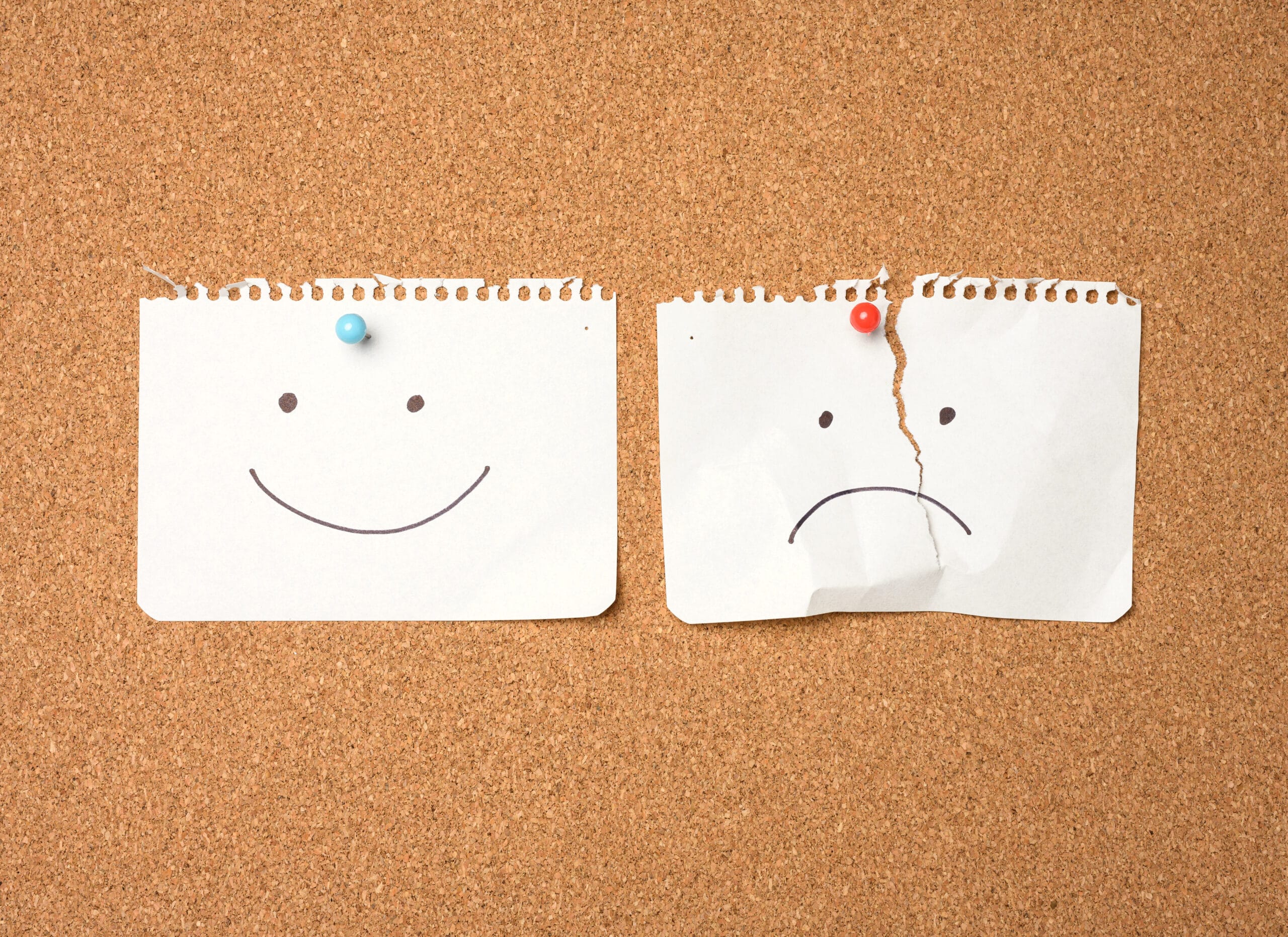Jonathan Haidt has taken the already-surging momentum of internet safety discussions in the public sphere and catapulted it to a new level in “The Anxious Generation“. This book goes deep into statistics and explanations behind the damage social media and phones have done to our society, and what each and every person can do to actually make a change, starting right now. We should use the popularity of this book and let it act as a catalyst for change in our households, communities, and governments.
Yes, It’s Really a Big Problem
As an internet safety consultant, the hardest part of what I do is getting people to understand that there’s really a problem and to act on it. I’ve often been curious about this; do parents just not care? All of the parents I’ve met care a ton about their kids, so that doesn’t seem to be the issue. More likely, it’s a combination of big tech companies keeping a lid on the issues, and the fact that “The smartphone was adopted faster than any other communication technology in history” (The Anxious Generation, p. 33), and we are just catching on to all of the negative effects of many of its features.
The Stats are Clear
The statistics (and almost certainly, your personal experiences and observations) are clear: smartphones and social media are causing a mental health crisis. 2010 is a key year that Haidt points to in many of the statistics he shared. It was the year front-facing cameras was added to smartphones and a year where social media use started to become commonplace across our society. Not coincidentally, Haidt also notes the following since 2010:
- 150% increase in depression among teens
- Significant rises in internalizing disorders like ADHD, anxiety, and depression
- Nearly 200% increase in self-harm emergency room visits for teen girls (!!!)
Haidt carefully dissects these statistics, among many others, to show that social media and smartphone usage, combined with a decrease in real-world experiences, has a causal relationship, not just correlational, to them. These same issues are happening across every other country that we have up-to-date and reliable statistics for, kids are reporting feeling unhappier when they use social media when asked directly, and the people who make apps and phone notifications have actually said that they’re trying to psychologically manipulate users! Here’s an incredibly eye-opening quote that Haidt shared on p. 229 from Tristan Harris – a former Google employee and founder of the Center for Humane Technology:
In an attention economy, there’s only so much attention and the advertising business model always wants more. So, it becomes a race to the bottom of the brainstem… it starts small. First to get your attention, I add slot machine “pull to refresh” rewards which create little addictions. I removed stopping cues for “infinite scroll” so your mind forgets when to do something else. But then that’s not enough. As attention gets more competitive, we have to crawl deeper down the brain stem to your identity and get you addicted to getting attention from other people. By adding the number of followers and likes, technology hacks our social validation and now people are obsessed with the constant feedback they get from others. This helped fuel a mental health crisis for teenagers.
Scary? It should be. We (me included) have been falling into this trap every day for years while companies continue to profit immensely off of us and leave us hurting and feeling stuck. But there’s a lot we can do, if we first become aware of and admit that these are real issues.
Deny the Denial
We need to stop the denial, whataboutisms, and blame-shifting around the problems our kids (and let’s face it, all of us) are facing and admit how tech usage is playing a huge role. Judith Warner, in her review of this book, presented the argument that recent significant traumatic events are what pushed us all into anxiety and more isolated tech/social media usage. She lists multiple recent major stressors, starting with “9/11 and its fearful fallout”, and adding things like school shootings, economic turmoil, etc.
I’m not trying to single out Warner here, as I’ve heard variations of this argument from many different people, but no, 9/11 is not causing a worldwide mental health crisis. The vast majority of Gen Z never thinks about 9/11, and the only time it affects our anxiety levels is when we have to go through TSA at the airport. Warner may also have missed the entirety of chapter 1, as Haidt tears down all of the “our world has just gotten way worse, so people are more depressed” arguments, and summarizes his points with this succinct yet powerful quote on p.38:
If world events played a role in the current mental health crisis, it’s not because world events suddenly got worse around 2012; it’s because world events were suddenly being pumped into adolescents’ brains through their phones, not as news stories, but as social media posts in which other young people expressed their emotions about a collapsing world, emotions that are contagious on social media.
Whether attribution for these issues has been to that, or an increase in “bad parenting”, or any other scapegoat, it is clear that excessive tech usage and lack of real-world experiences are causing serious issues in our lives.
Okay, great, so there are lots of issues. But what now?
Yes, We Can Make a Difference
It’s easy to feel defeated when faced with the weight of massive tech companies trying to keep things quiet, a world already set in its ways, and a household full of technology that you’re so used to using in ways that might be harmful. But there is hope! And a lot of it, actually. There are already things happening across households, communities, and the government that are both exciting and helpful right now and hold a lot of potential for future change. Here’s a few exciting things happening:
- PornHub, a site where millions of underage boys and girls view pornography, has shut down its services in multiple U.S. States in protest to laws requiring age verification.
- Multiple pieces of internet-safety-related legislation, including the Kids Online Safety Act (KOSA), have recently been proposed and are seeing a lot of support in Congress and the House Of Representatives
- Many local organizations (more info below) are helping individual families and schools to protect kids online and get them more valuable, real-world experiences.
Exciting, right?! It seems like we’re finally starting to catch up on this technology that took the world by storm, and we’re starting to see change happen already. But as great as it is to see change around us, I’m sure you all want to see that change in your own lives and households. Jonathan Haidt, and many others, have some ideas for you.
Resources For You
Haidt ends his book with a chapter called “What Parents Can Do Now”, sharing a list of helpful guidelines and ideas parents can implement to help their children thrive in the real world and stay safe online (I encourage you to read the book to see the full list). Most notably, he encourages all parents to keep their kids off of social media until at least age 16. If this sounds too hard, or if you’ve already given them social media at a younger age but are having second thoughts, feel free to reach out to me for ideas on what changes might work best for your family.
On top of this, he created a website, https://anxiousgeneration.com, with a great list of resources and organizations you can get involved with. To add to this, I would also suggest looking into Exodus Cry, NCOSE, and my website 🙂
Catalyst for Change
Seeing how “viral” this book has become has been really exciting. I’m looking forward to seeing how it will push the discussion forward and how much change will come from this.
If you are interested in learning more or wanting practical advice and technical help for your family, reach out to me at casey@internetsafetyconsulting.com.


